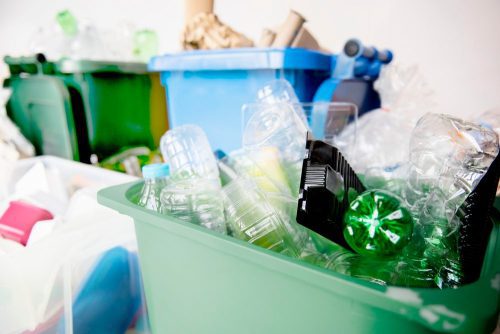
Hydrogel Nanocomposites For Biomedical Applications
Molding the Future of Medicine with Hydrogel Nanocomposites
The program on Hydrogel Nanocomposites for Biomedical Applications delves into the interdisciplinary field of materials science and biomedical engineering, aiming to develop and optimize hydrogel nanocomposites that can be used in a variety of medical applications. These hydrogels are engineered to incorporate nanoparticles which enhance properties such as conductivity, strength, and responsiveness to environmental stimuli, making them ideal for sophisticated uses like drug delivery systems that release therapeutics in response to specific physiological triggers, scaffolds for tissue regeneration that mimic the natural cellular environment, or sensors that detect changes in biological conditions in real-time.
Aim:
The aim of the program focusing on Hydrogel Nanocomposites for Biomedical Applications is to explore and develop advanced hydrogel-based materials enhanced with nanocomposites for cutting-edge medical treatments and devices. This initiative seeks to harness the unique properties of hydrogels — such as their high water content, biocompatibility, and tunable mechanical properties — combined with the functionality of nanoparticles, to create smarter, more responsive, and more effective medical solutions. These include applications in drug delivery, wound healing, tissue engineering, and biosensors. The program is dedicated to pushing the boundaries of biomedical research, fostering innovation, and translating laboratory findings into real-world health solutions that can improve patient outcomes and advance the field of regenerative medicine.
Program Objectives:
- Understand the properties and functionalities of hydrogel nanocomposites.
- Learn techniques for synthesizing and characterizing hydrogel-based materials.
- Explore applications of hydrogels in drug delivery and tissue regeneration.
- Analyze the ethical and regulatory challenges in biomedical applications.
- Develop practical skills through hands-on lab experiences and project work.
What you will learn?
- Identification of industrial effluent problem
- Classification of industry specific effluents.
- Developing the green nanotechnology platform to address this problem
- Use of nanotized agro waste/nanocellulose for effluent treatment
- Chitosan-based nanomaterials for dye remediation
- Nanosilica and zeolites for removal of heavy metal and microbial contaminants.
7 Carbon based nanomaterials for effluent conditioning.
Intended For :
Ideal for professionals and students in Material Science, Biomedical Engineering, Pharmacy, and Chemistry looking to specialize in advanced biomaterials.
Career Supporting Skills
